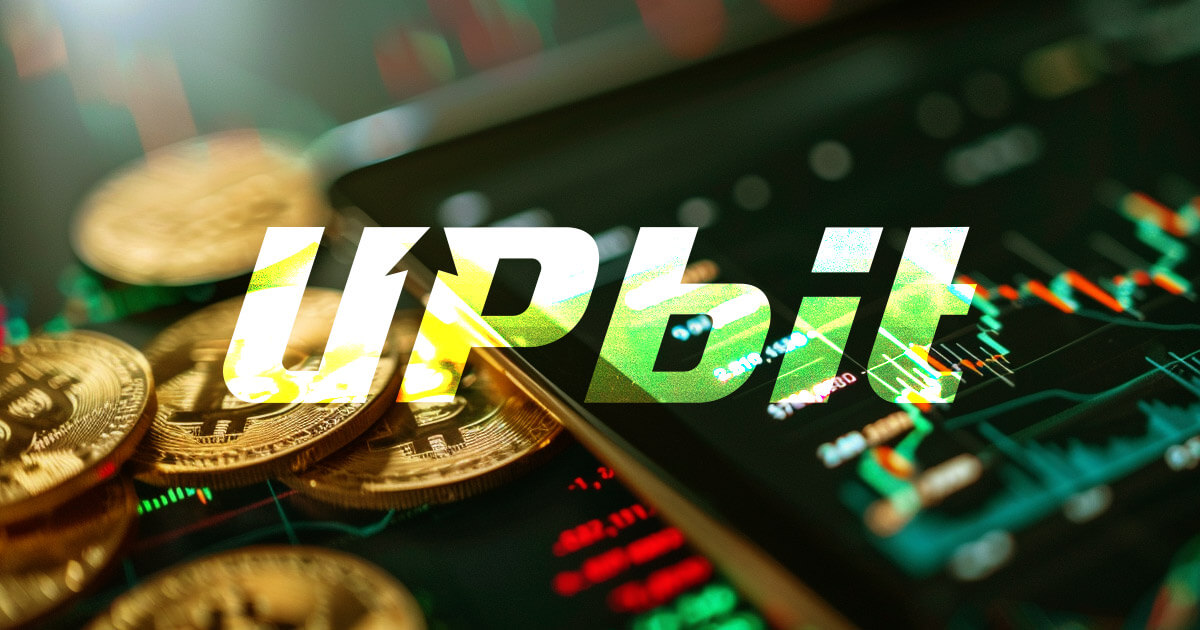
The South Korean government has uncovered significant Know-Your-Customer (KYC) violations on Upbit, the country’s largest cryptocurrency exchange.
On Nov. 14, local media reports indicated that the Financial Intelligence Unit (FIU) of the Financial Services Commission identified these issues during a routine business license renewal review for Upbit. The regulator has found between 500,000 and 600,000 potential KYC violations on the exchange so far.
KYC is a process for verifying the identity of customers to comply with anti-money laundering (AML) and counter-terrorism financing (CTF) laws. This typically involves registering real names and submitting valid identification documents.
The FIU revealed that some Upbit users provided inadequate identification for their KYC registration. In some cases, accounts were opened with IDs that had blurry names and registration numbers, rendering the identities unrecognizable. This raises concerns that these accounts could be used for money laundering or other illicit activities.
Under South Korean law, companies found violating KYC regulations may face fines of up to 100 million won (approximately $71,600) per violation. Given the scale of the violations, there is speculation about the potential financial penalty Upbit may face.
[Editor’s Note: At an average of 550,000 potential violations, this could theoretically amount to $39 billion in fines should the letter of the law be followed.]
Additionally, the violations could delay Upbit’s license renewal process, which is currently under review. According to the Korean Special Financial Transaction Information Act, digital asset operators must renew their licenses every three years.
Upbit applied for renewal in August, but the approval may be postponed as the FIU assesses each case individually and determines appropriate actions.
Meanwhile, this new issue comes around a month after South Korea’s Financial Services Commission (FSC) revealed its intent to investigate Upbit’s market dominance. The authorities noted that the exchange makes up nearly 20% of the 22 trillion won deposits on K Bank which could be harmful for the financial institution in the long term.
 Bitcoin
Bitcoin  Ethereum
Ethereum  Tether
Tether  XRP
XRP  USDC
USDC  TRON
TRON  Lido Staked Ether
Lido Staked Ether  Dogecoin
Dogecoin  Figure Heloc
Figure Heloc  Cardano
Cardano  Bitcoin Cash
Bitcoin Cash  Wrapped stETH
Wrapped stETH  WhiteBIT Coin
WhiteBIT Coin  Wrapped Bitcoin
Wrapped Bitcoin  Wrapped eETH
Wrapped eETH  USDS
USDS  Chainlink
Chainlink  Monero
Monero  Binance Bridged USDT (BNB Smart Chain)
Binance Bridged USDT (BNB Smart Chain)  LEO Token
LEO Token  WETH
WETH  Stellar
Stellar  Coinbase Wrapped BTC
Coinbase Wrapped BTC  Sui
Sui  Ethena USDe
Ethena USDe  Zcash
Zcash  Litecoin
Litecoin  Avalanche
Avalanche  Hyperliquid
Hyperliquid  Shiba Inu
Shiba Inu  Hedera
Hedera  Canton
Canton  USDT0
USDT0  World Liberty Financial
World Liberty Financial  sUSDS
sUSDS  Dai
Dai  Toncoin
Toncoin  Cronos
Cronos  Ethena Staked USDe
Ethena Staked USDe  PayPal USD
PayPal USD  Polkadot
Polkadot  Uniswap
Uniswap  USD1
USD1  Mantle
Mantle  Rain
Rain  MemeCore
MemeCore  Bittensor
Bittensor  Aave
Aave 


